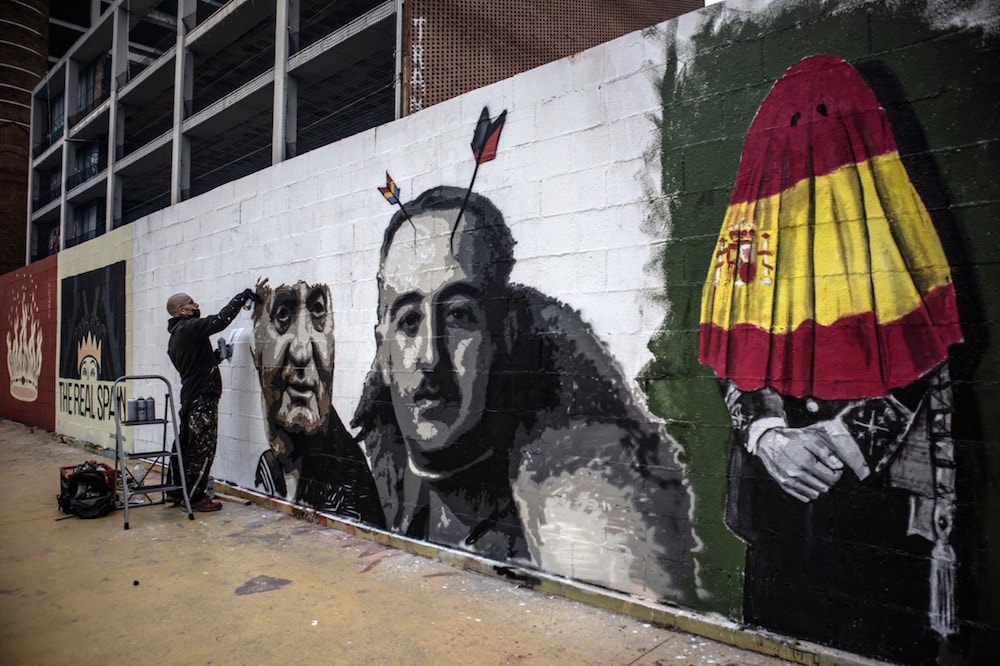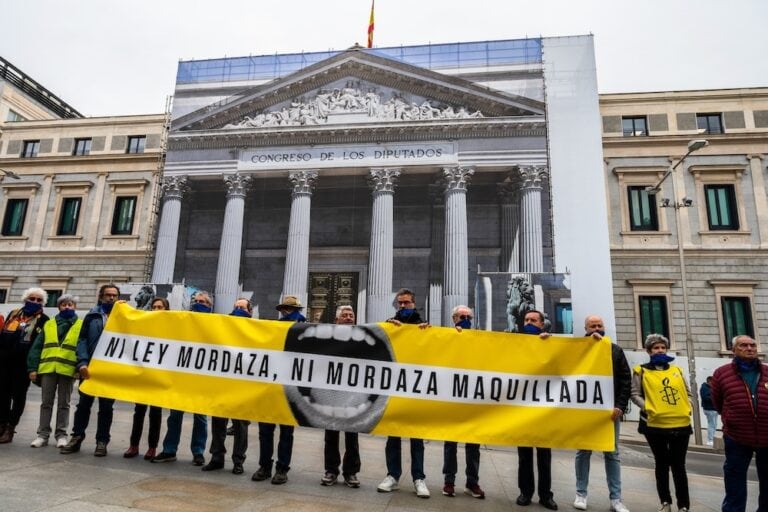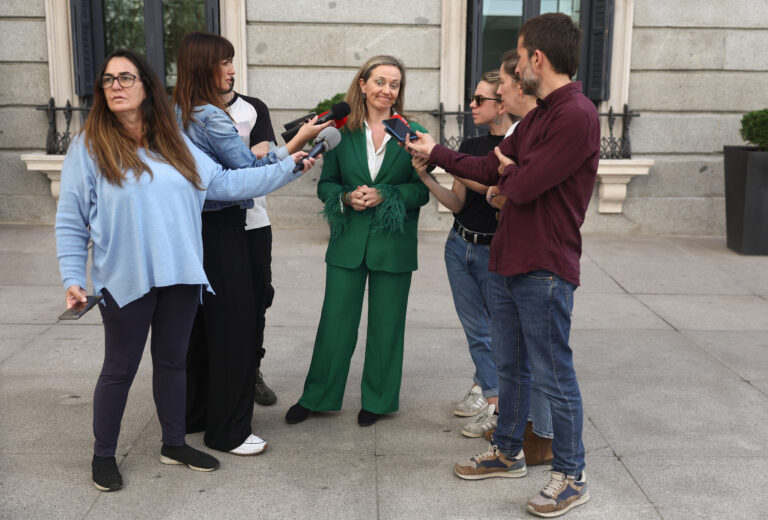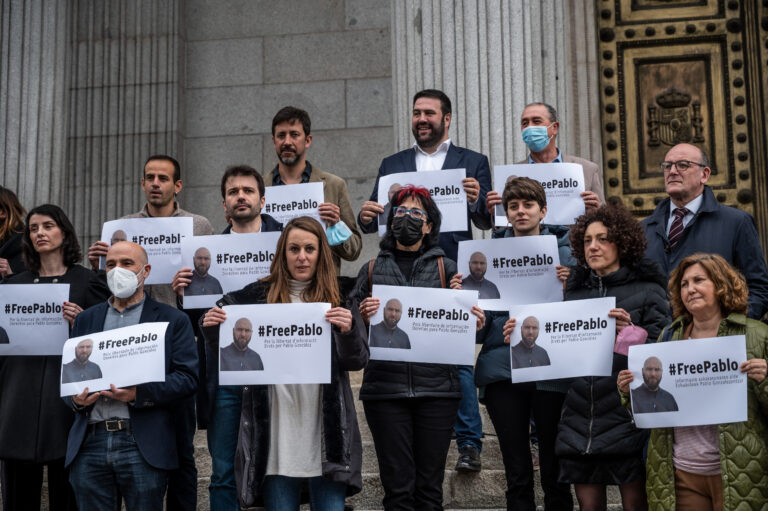Hasél was convicted of "glorifying terrorism" in his lyrics and tweets; he now begins a nine-month prison sentence.
This statement was originally published on pen-international.org on 22 February 2021.
The Spanish authorities must immediately release Pablo Hasél and amend legislation that stifles freedom of expression, PEN International and PEN Català said today, as the rapper starts a nine-month prison sentence for his lyrics and tweets.
On 16 February, riot police entered the University of Lleida, near Barcelona, and arrested Pablo Hasél who had barricaded himself inside the building after refusing to hand himself in to the police to serve a prison term for ‘glorifying terrorism’ in his songs and on Twitter. His arrest triggered protests and clashes in several cities in the country.
‘The jailing of Pablo Hasél for his lyrics and tweets is yet another example of the Spanish authorities’ silencing of artistic voices. Democracies don’t jail poets, even if the words they express are disturbing or uncomfortable. It is astonishing that Spain has just done that. Peaceful expression, even when it seems insulting or disrespectful, must never be criminalized. The Spanish authorities must release Pablo Hasél at once’, said Salil Tripathi, Chair of PEN International’s Writers in Prison Committee.
Hasél was sentenced under Article 578 of the Spanish Criminal Code, which prohibits ‘glorifying terrorism’. He was also found guilty of insulting the Crown and state institutions. Spain’s Criminal Code unduly restricts freedom of expression in the name of national security. In recent years, scores of musicians have been unfairly prosecuted on the grounds of glorification of terrorism and/or insulting the Crown, resulting in increased self-censorship and a broader chilling effect on freedom of expression in the country. The Justice Ministry recently announced its intention to amend the Criminal Code to reduce penalties in cases that involve artistic, cultural and intellectual activities.
‘While we welcome the Spanish authorities’ stated intention to uphold artistic freedom, we urge them to immediately repeal Article 578 of the Criminal Code and to bring its provisions in line with international human rights law and standards. All criminal defamation laws should be amended, and issues of reputation should be addressed as civil law matters where the government has no role’, said Àngels Gregori, President of PEN Català.
Additional information
In March 2018, Pablo Hásel – real name Pablo Rivadulla Duro – was sentenced to two years and one day of imprisonment and a fine of 24,300 euro, for glorifying the terrorist groups ETA and GRAPO as well as insulting the Crown and state institutions. The charges related to multiple Twitter posts published between 2014 and 2016 and a song posted on YouTube, in which he criticises the Spanish royal family. Hásel’s sentence was reduced to nine months and one day of imprisonment on appeal in September 2018, and upheld by the Supreme Court in May 2020.
Hásel had already received a two-year prison sentence in 2014 – suspended in 2019 – for ‘glorifying terrorism’ in his songs posted on YouTube. On 18 February 2021, a Court in Lleida upheld a two and a half year prison sentence handed down against him in March 2020 for obstruction of justice and threats – subject to appeal before the Supreme Court. Hásel is currently being held in Ponent prison, Lleida.
PEN International and PEN Català have repeatedly called on the Spanish authorities to uphold freedom of expression and artistic freedom. In July 2019, the organisations submitted a joint report to the Universal Periodic Review of Spain outlining serious concerns relating to the rights to freedom of expression, information and peaceful assembly in the country. The report notably urged the authorities to reform key provisions used to restrict freedom of expression, and to repeal Article 578 of the Criminal Code.
For more information about the state of freedom of expression in Spain, please click here.



